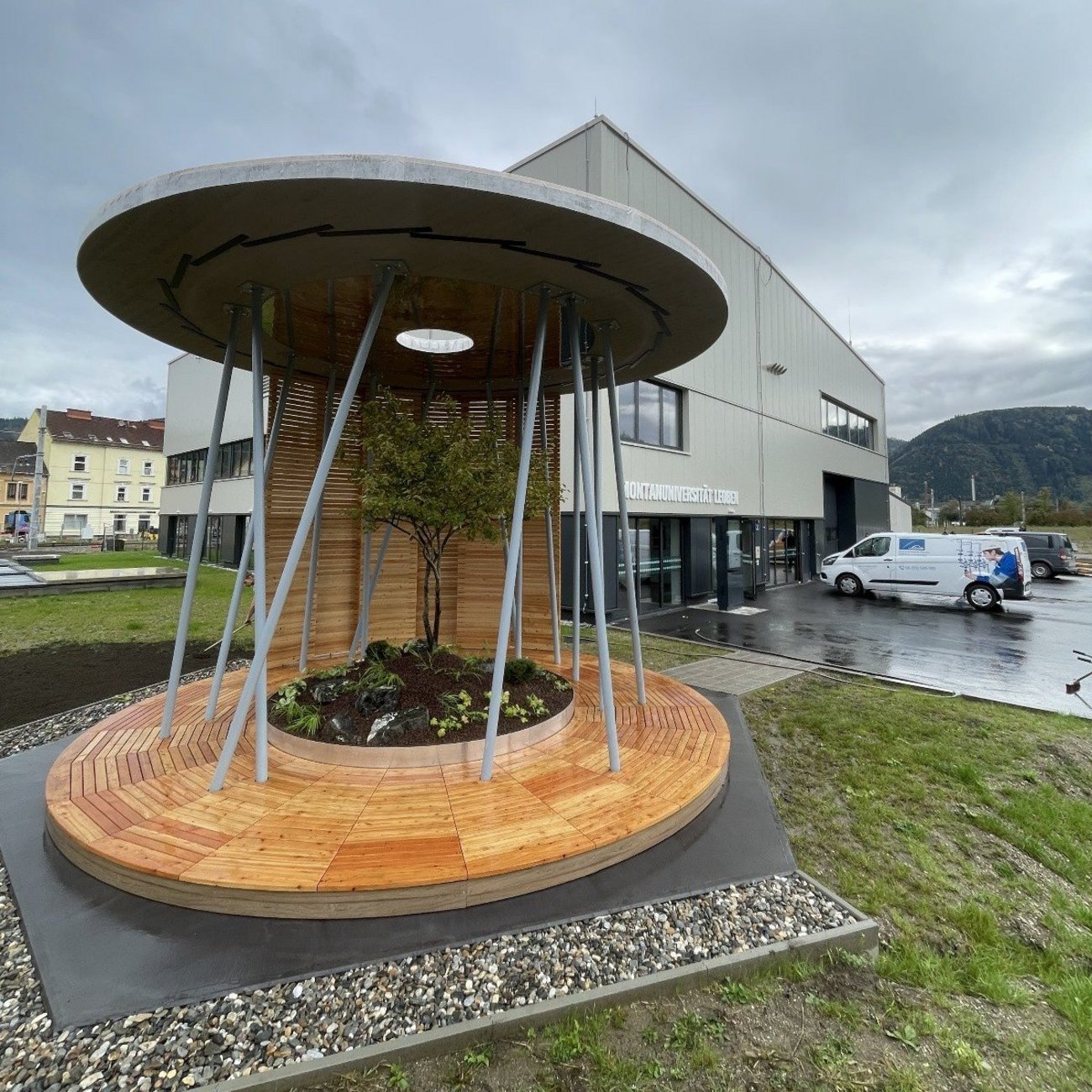Raw materials and their processing contribute significantly to the development and economy of modern society. Therefore, a group of committed employees of the Technical University of Leoben has formed a Sustainable Development Panel in order to anchor the idea of sustainability in the activities of the Technical University of Leoben. These activities can be found under the name: TripleN
With TripleN the Technical University of Leoben shows its commitment to sustainability:
Sustainable Ecological | Sustainable Economic | Sustainable Social
Previous activities include the public lecture series "TripleN Talks", which aims to raise awareness of the topic of "sustainability", or the TripleN Magazine, which reports about sustainability in various areas of the university. Further activities will be planned and will be available on this website soon.
Why actually "TripleN"? The three pillars of sustainability
Ecological sustainability: This aspect is most closely aligned with the origin of the sustainability concept from forestry*, namely not to overexploit nature. Ecological sustainability describes a way of life that uses the natural resources only to the extent that they are able to regenerate themselves.
Economic sustainability: A society should not live beyond its economical means, as this inevitably leads to losses for future generations. In general, an economy is considered sustainable if it can be operated without causing damage or disadvantages in the future.
Social sustainability: A state or society should be organized in such a way that social tensions are kept within limits and conflicts are resolved peacefully and civilly.
*Massive increases in mining activities in the 17th and 18th century have resulted in the use of large quantities of wood for energy production. In the course of these developments, the understanding and the need for sustainable forestry arose, which could sustainably serve the demand of the mines and prevent excessive deforestation at the same time.

